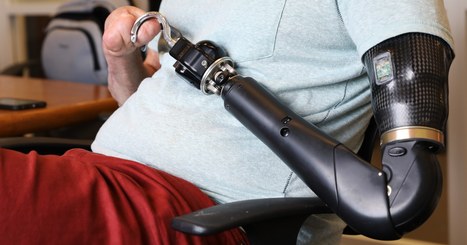Researchers used people's Facebook data and their medical records to detect early symptoms of a mental health problem.
In research described the Proceedings of the National Academy of Sciences, scientists analyzed language from study participants' Facebook status updates to predict future diagnoses of depression. The researchers say their technique could lead to a screening tool that identifies people in need of mental health support and formal diagnosis, while raising serious questions about health privacy.
If this line of inquiry sounds familiar, you're not imagining things: Scientists have been studying the association between Facebook and the mental state of its users for years—often without the consent of the people being examined study subjects.
Earlier this decade, scientists at Facebook and Cornell conducted an infamous emotional contagion study, which targeted the moods and relationships of more than half a million Facebook users without their knowledge.
But many scientists continue to use above-board research methods to access Facebook's data.
For instance: By asking study participants to provide their consent, log into their accounts, and share their data—all in person—to provide one-time access to said data. The overhead is tremendous; it can take years to amass a large enough sample population using in-person study recruitment.
Yet the effort can be worth it to social science researchers, many of whom regard Facebook's trove of user information as the most significant data repository in the history of their field.
read more at https://www.wired.com/story/your-facebook-posts-can-reveal-if-youre-depressed/
also check out the opinion piece referencing this post at http://wordpress.futurism.com/ai-depressed-facebook-posts/
Via nrip



 Your new post is loading...
Your new post is loading...








